Last year, Samsung revealed its collaboration with Google and Qualcomm to create extended reality (XR) experiences. A few days ago, the company introduced its first XR headset, known internally as “Project Moohan,” signaling its commitment to entering the XR space. This development is part of Samsung’s broader plan to launch augmented reality (AR) glasses, adding a new layer of competition to the market. In response, Meta is planning a major upgrade to its Ray-Ban Smart Glasses, focusing on a key feature that will put it in direct competition with Samsung’s AR glasses.
Currently, Meta’s Ray-Ban Smart Glasses do not have a display, relying instead on voice commands and gesture controls for user interaction. However, according to reports from the Financial Times, Meta is planning to introduce a display in the next iteration of the smart glasses. This new version would allow users to interact with notifications and responses powered by Meta’s artificial intelligence (AI), adding a significant layer of functionality. The updated smart glasses are expected to launch in the second half of 2025, positioning Meta to better compete with Samsung’s upcoming AR offerings.
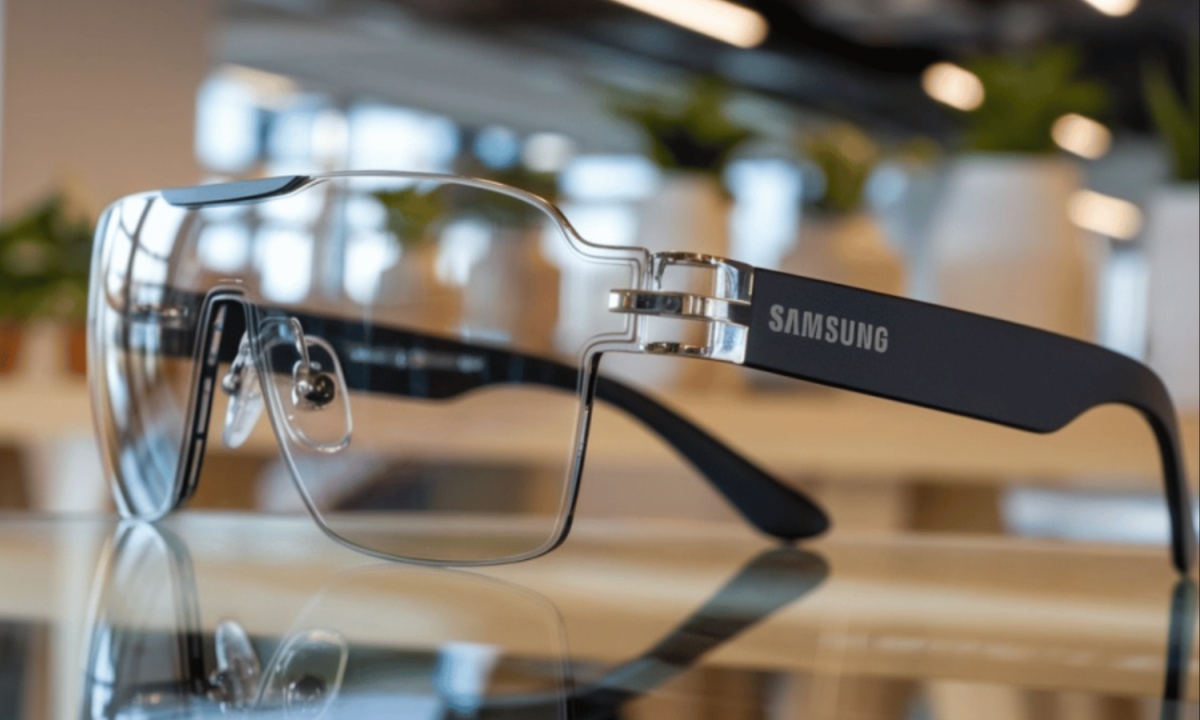
Earlier this year, Meta showcased a prototype of the next-generation smart glasses, codenamed “Project Orion.” These glasses were designed with a projector display that would project content into the user’s field of view. However, the technology was considered too costly to launch at that time. The latest report suggests that Meta is looking to incorporate a more affordable version of this technology into its upcoming smart glasses, making the product more viable for mass market release in the near future.
Meanwhile, the XR landscape is rapidly evolving, with major players like Google, Samsung, and Meta all pushing forward with their respective technologies. Samsung, for instance, recently showcased Android XR, a new operating system tailored for XR devices. The company plans to launch its first XR headset in the latter half of 2025, followed by its AR glasses. These developments are positioning Samsung as a serious contender in the XR space, making it clear that the competition is heating up among tech giants.
The race to dominate the XR market is now underway, with Apple, Meta, and Samsung all working on innovative XR glasses and headsets. As these companies continue to refine their technologies and unveil new products, the coming years will be crucial in determining which brand will lead the market. With each company pushing the boundaries of XR technology, consumers can expect significant advancements and new experiences in the near future, as the tech industry enters an exciting phase of innovation.

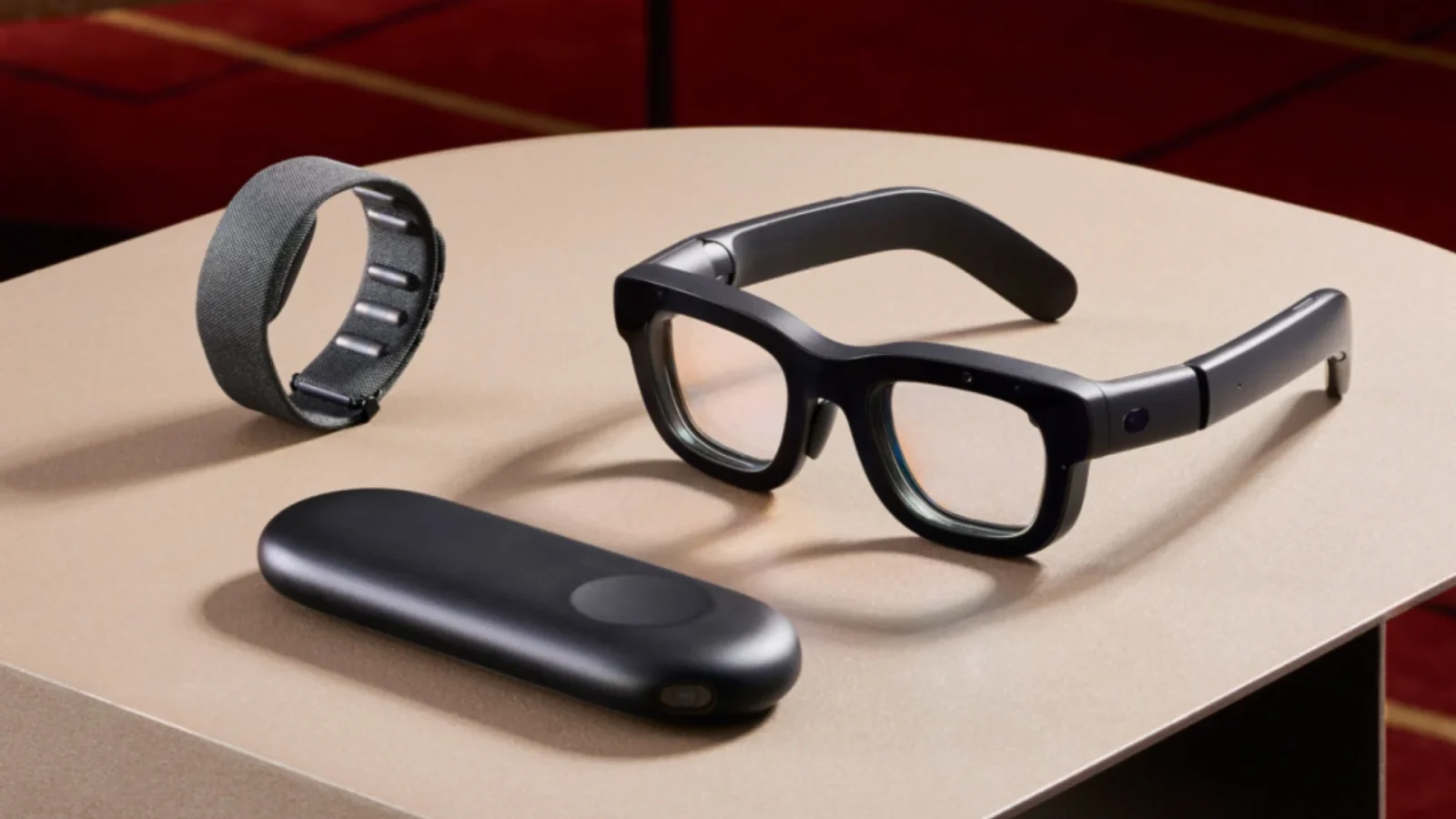
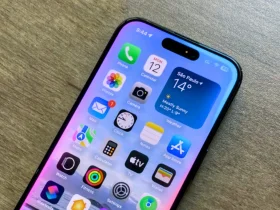
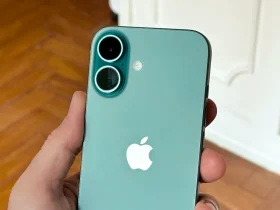
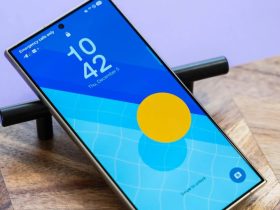
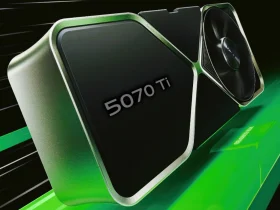
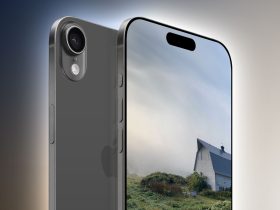
Leave a Reply